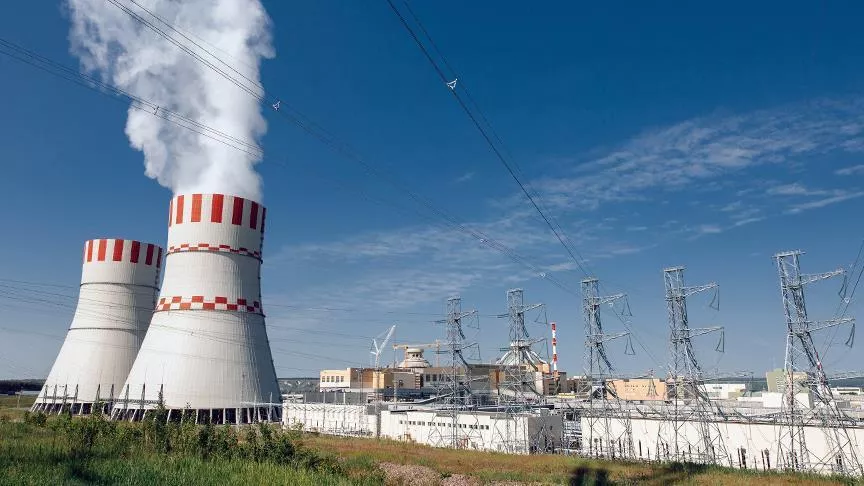A longstanding, controversial debate locally and in neighboring Cyprus about a large nuclear power station being built on Turkey’s southern Mediterranean coastline has been revived following the devastating earthquake that hit Turkey and neighboring Syria on November 6.
Located in Akkuyu, some 210 miles (338 kilometers) and 245 miles (394 kilometers) to the west of the Feb. 6 tremors’ epicenters, the plant’s site is being designed to endure powerful tremors and did not sustain any damage or experience powerful ground shaking from the 7.8 magnitude earthquake and aftershocks.
Existing concerns about the facility being built on the edge of a major fault line has regained momentum with the size of the quake being the deadliest in Turkey’s modern history.
An official with Turkey’s Energy Ministry, said there were no immediate plans to reassess the project which activists are saying poses a threat.
Read also: Saudi energy minister says OPEC+ deal will continue till end of the year
A reassurance has been given by Andrew Whittaker, a professor of civil engineering at the University at Buffalo who is an expert in earthquake engineering and nuclear structures who maintained there is no reason to be concerned about the country’s first power plant although it would be prudent to reassess seismic hazard calculations in the region for all infrastructure, including the plant.
However, activists are not pleased with the siting of the power plant and have renewed their calls for the project to be scrapped, arguing that the devastating earthquake is clear proof of the great risk posed by a nuclear power plant near seismic fault lines.
Cyprus Anti-Nuclear platform, a coalition of over 50 Greek Cypriot and Turkish Cypriot environmentalist groups, trade unions and political parties, in a statement on Wednesday “calls on all political parties, scientific and environmental organizations and the civil society to join efforts and put pressure on the Turkish government to terminate its plans for the Akkuyu nuclear power plant.”
That call has been amplified by Cypriot European Parliament member Demetris Papadakis who has asked the European Commission what immediate actions it intends to take to halt the plant because of the dangers posed by building a nuclear power station in a seismic zone so close to Cyprus.
Turkish nuclear regulators provided the license for the plant’s construction in Akkuyu in 1976 following eight years of seismic studies to determine the most suitable location, but the project was slowed down after the Chernobyl nuclear accident in 1986. Construction of the first reactor started in 2018. Large nuclear power plants have traditionally taken a while to build because of the size, scale and complexity of the infrastructure, and delays associated with first-of-a-kind plants.
A study done by Turkey’s Office for the Prevention and Elimination of Consequences of Emergency Situations indicates that the project site in Akkuyu which is some 60 miles (95 kilometers) from Cyprus’ northern coastline is located in the fifth degree earthquake zone, which is considered the safest region in terms of earthquakes, according to Rosatom which has a 99.2% stake in the project.
The plant will have a total capacity of 4,800 megawatts of electricity, providing about 10% of Turkey’s electricity needs if the first of its four reactors goes online later this year as scheduled. According to government figures, if the power plant started operating today, it could single-handedly provide enough electricity for a city of about 15 million people, such as Istanbul, Rosatom added.
Story was adapted from AP
